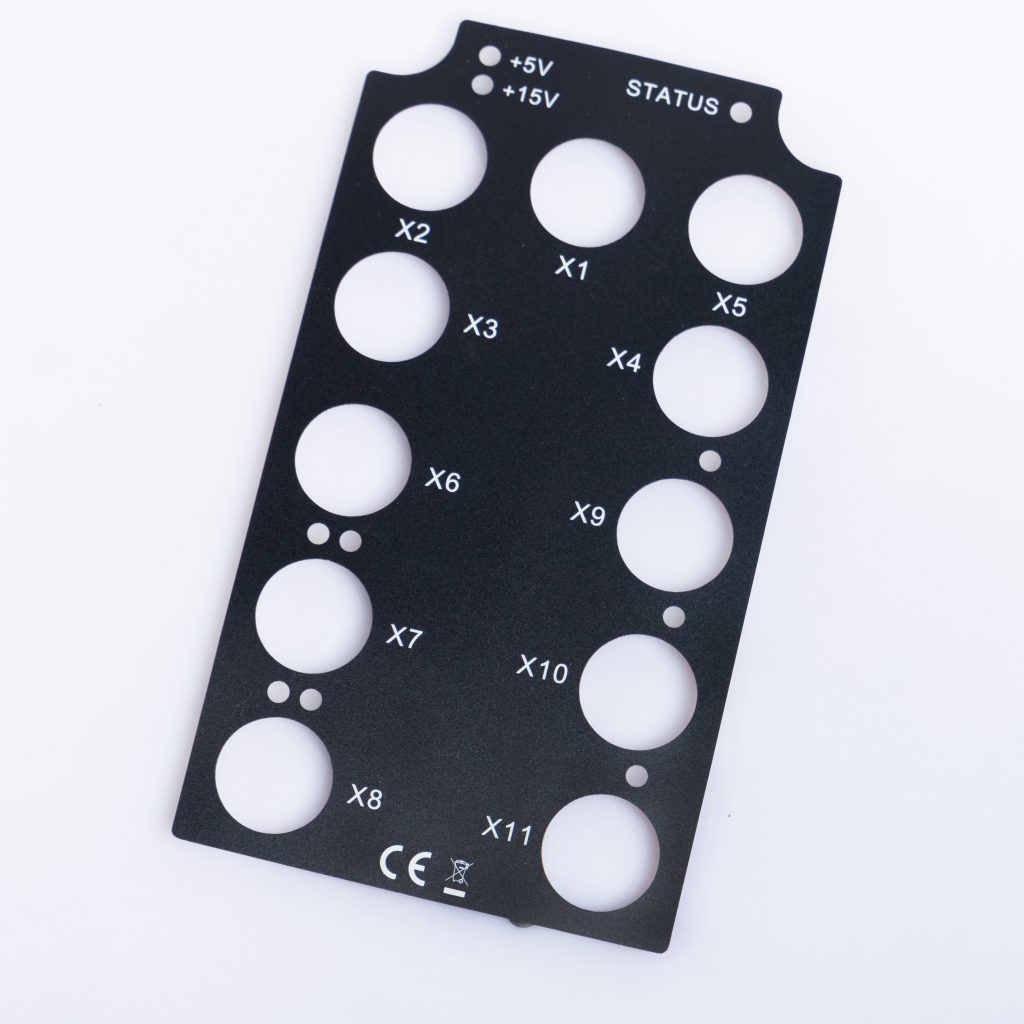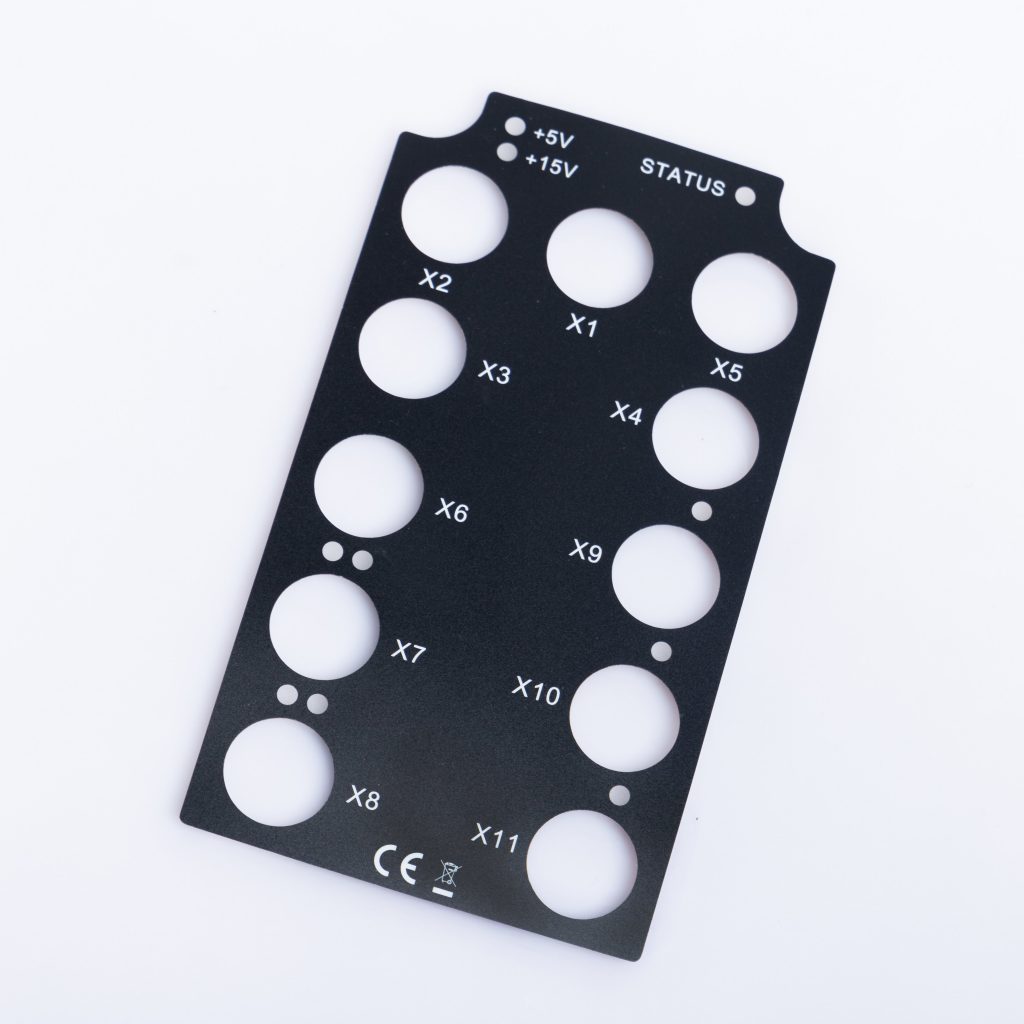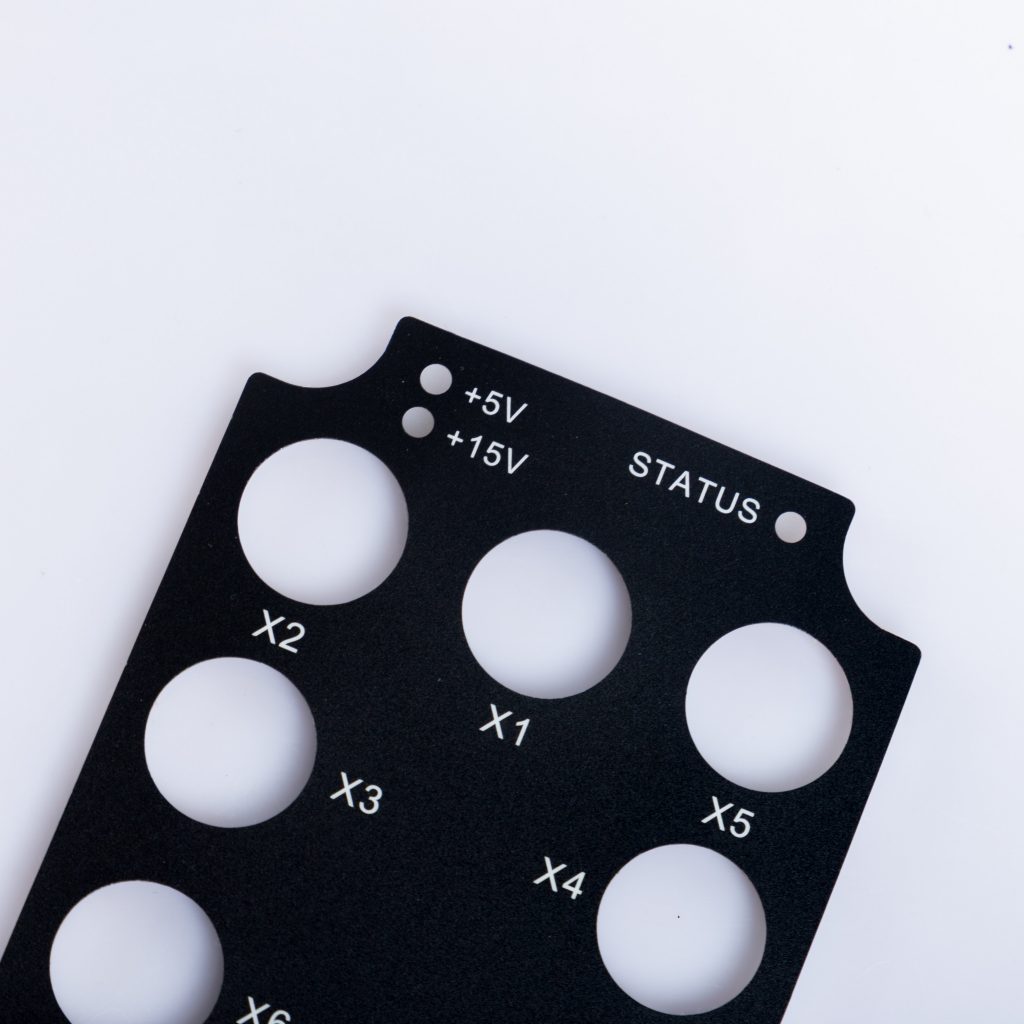Contact
Write to Us And We Would Be Happy to Advise You.
Do you have any questions, or would you like to speak directly with a representative?
By hqt
Graphic Overlay Membrane Switches have emerged as a cornerstone in modern interface technology, blending aesthetics with functionality. These switches are pivotal in numerous devices, ranging from industrial control panels to consumer electronics. This article delves deep into the world of these switches, exploring their materials, structure, application environments, and the nuances of creating effective promotional content for these products.



A Graphic Overlay Membrane Switch is an advanced type of switch used in electronic devices. It comprises a graphic overlay, which is the topmost layer that users interact with, and a series of underlying layers that process the user’s input. This technology stands out for its sleek design, customizability, and tactile response.
The graphic overlay is more than just an interface; it’s the face of the device. It’s usually made of materials like polyester or polycarbonate, known for their durability and clarity. The overlay can be printed with high-resolution graphics, symbols, and text, offering not only an intuitive user experience but also a compelling aesthetic appeal.
A typical Graphic Overlay Membrane Switch consists of several layers: the graphic overlay, a tactile dome, a spacer, a circuit layer, and a backing. Each component plays a critical role. The dome provides the tactile feedback, while the circuit layer, usually made of copper or silver ink, acts as the switch’s functional core.
The choice of materials is crucial for the switch’s longevity and functionality. Polyester, for instance, is preferred for its flexibility and chemical resistance. Polycarbonate offers clarity and heat resistance. The materials must ensure the switch functions reliably under various environmental conditions, including temperature changes and physical wear.
The manufacturing of these switches involves precision engineering. It begins with designing the graphic overlay, followed by creating the circuitry and assembling the layers. Each step requires meticulous attention to detail, ensuring that every switch meets stringent quality standards.
One of the strengths of Graphic Overlay Membrane Switches is their adaptability. Manufacturers can customize the size, shape, and functionality, tailoring each switch to specific industry needs. This customization extends to the aesthetic aspects, where companies can incorporate brand elements directly into the design.
In industrial settings, these switches are valued for their durability and ease of maintenance. They are commonly found in heavy machinery and control panels, where they withstand rigorous use and harsh conditions.
In consumer electronics, such as microwaves and remote controls, these switches offer a sleek, user-friendly interface. In medical devices, their reliability and precision are paramount, making them ideal for equipment that requires sterility and accuracy.
The journey of membrane switch technology has been marked by continuous innovation. From early versions that were purely functional, we now see switches that are integral to the device’s design. The integration of LED lighting and touch capabilities are just some of the advancements enhancing their functionality and appeal.
Today’s Graphic Overlay Membrane Switches are increasingly being integrated with other technologies, such as touchscreens and IoT devices. This integration represents a leap towards more interactive, connected, and smart devices, opening up new possibilities in user interface design.
Designing these switches involves balancing aesthetics, functionality, and cost. Innovations like thinner materials and improved tactile domes are solutions that address these challenges, offering better performance without compromising on design or cost-effectiveness.
Ensuring the longevity and performance of these switches in diverse environments is crucial. Techniques like UV-cured inks and robust sealing are employed to enhance their durability, especially in outdoor or high-use applications.
Marketing these switches effectively requires a deep understanding of the target market. Whether it’s industry professionals looking for reliable components or consumers seeking user-friendly interfaces, identifying the unique selling points for each segment is key.
Effective marketing materials should highlight the switch’s customization options, durability, and technological integration. Emphasizing how these switches enhance the user experience can make them more appealing to potential customers.
The potential for growth in this sector is significant. With emerging markets like wearable technology and smart home devices, the demand for sophisticated interface solutions like Graphic Overlay Membrane Switches is set to increase.
Sustainability is becoming increasingly important in product development. Research is focused on creating more environmentally friendly switches, with recyclable materials and energy-efficient designs.
Graphic Overlay Membrane Switches represent a fusion of technology, design, and functionality. As they continue to evolve, their impact on various industries remains profound, signaling an exciting future for this innovative technology.
Do you have any questions, or would you like to speak directly with a representative?